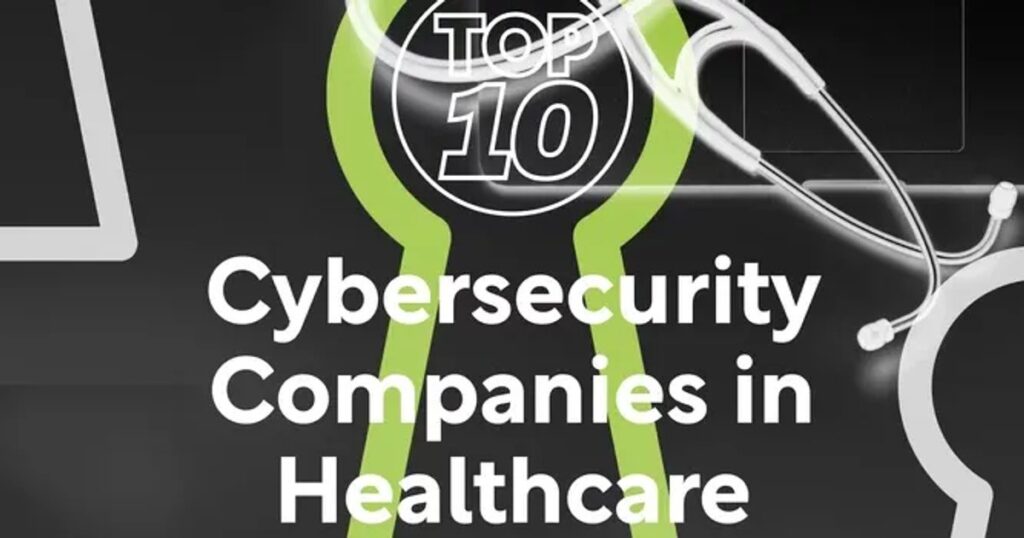Recent Cybersecurity breach at US health tech giant Change Healthcare The need for strict cyber management in healthcare has been highlighted. The U.S. health care system is still recovering from the Feb. 21 attack that caused chaos over medical billing and payments.
The healthcare industry is one of the most targeted sectors for cybercriminals, with vast amounts of sensitive data and an extensive attack surface.
Data breaches and patient privacy are major concerns. Protecting patient data is paramount in healthcare. For example, Change Healthcare processes billions of healthcare transactions annually, but questions remain about the security of millions of people's highly sensitive healthcare information after a cyberattack.
Ransomware attacks in the healthcare sector are also a major concern in this sector. The hackers behind the Change Healthcare attack, a Russian group known as AlphV or BlackCat, allegedly received $22 million in Bitcoin.
With patient lives at stake, a severe disruption in service levels can mean the difference between life and death for many, which is what makes healthcare organizations so vulnerable to ransomware attacks.
Here are 10 leading cybersecurity companies helping protect the healthcare industry.
CEO: Fran Roche
Imprivata is a cybersecurity software, technology, and security expert whose goal is to “transform the way organizations solve security challenges and protect their data.” We provide services for single sign-on, authentication management, clinical workflow, secure text messaging, patient identification, identity management, and multi-factor authentication.
Healthcare companies use the Imprivata FairWarning PPI platform to protect patient data stored across electronic health records (EHRs), the cloud, and big data.
CEO: Yaniv Vardi
Claroty helps organizations secure Extended Internet of Things (XIoT) systems across healthcare environments. XIoT is having a major impact on the healthcare industry, with wearable devices that continuously monitor vital signs becoming more commonplace.
Claroty's Medigate solution is a modular, SaaS-based healthcare cybersecurity platform that scales and provides protection as your operations evolve. This solution extends cybersecurity across healthcare XIoT, from IV pumps and ultrasound to smart HVAC and lighting systems.
CEO: Amir Ben Ephraim
Menlo Security was founded in 2013 and specializes in internet isolation, cybersecurity, network security, remote browser isolation, cloud security, and zero trust. Healthcare ebooks are essential guides to preventing cybersecurity breaches, covering topics such as protecting against email-based threats, reconfiguring online security for federal agencies, and preventing malware .
CEO: matt cohen
CyberArk is the security partner for approximately half of the Fortune 500 companies and one-third of the Global 2000 companies. With offices around the world, we support healthcare providers by building automation capabilities that prevent human error and allow IT operations to focus on what matters most. The company says it takes a “flexible approach to protecting privileged access vulnerabilities without disrupting business.”
CEO: pam murphy
Imperva provides end-to-end protection and compliance for critical healthcare data and applications. The company's Data Security Fabric solution protects and monitors data activity on-premises, in the cloud, or a combination of the two. Its machine learning algorithms cover healthcare institutions' data and can alert you to threats and abnormal behavior in real time.
The company says the solution “provides 24/7 proactive monitoring and expertise to maximize health, security, and insight.”
CEO: Gil Shwed
According to the company, Check Point offers “the industry's most comprehensive cybersecurity solution for healthcare IoT.” Check Point prevents IoT-related attacks by minimizing the IoT attack surface in a scalable and non-disruptive manner to critical healthcare processes.
Check Point's integrated healthcare cyber security solutions reduce costs by providing integrated threat protection across networks, clouds, mobile endpoints, and IoT without disrupting critical business or healthcare processes. is designed to reduce. Meanwhile, the company's Check Point CloudGuard suite provides multi-cloud security and compliance healthcare solutions.
CEO: Eva Chen
Trend Micro, a cloud and enterprise cybersecurity specialist, helps healthcare organizations improve security before, during and after an attack. Gain visibility into cybersecurity risks and threats across your hospital's IT, OT, and communications technology (CT) environment using traditional and modern systems.
The company's unified cybersecurity platform protects, detects, and responds to cyber incidents to “reduce alert fatigue for security teams and minimize total cost of ownership,” the company said.
CEO: Nikesh Arora
Palo Alto Networks is a global cybersecurity leader whose portfolio of solutions strengthens the security of existing infrastructure, allowing healthcare providers to focus on innovation while protecting patient and data security. .
Palo Alto Networks cloud-delivered security automates threat analysis and update deployment to ensure consistent patient data protection.
CEO: Peter J. Arduini
GE Healthcare says it “aims to help create a world without limits on healthcare.” The company helps healthcare organizations secure their devices, systems, and data and “seize every opportunity in connected care.” This is done through always-on risk management provided by the company's Skeye cybersecurity solution. The solution provides active monitoring across network-connected medical device endpoints, supporting “organizations' data safety, profitability, and reputation for delivering care and protection where it matters most.” patient”.


